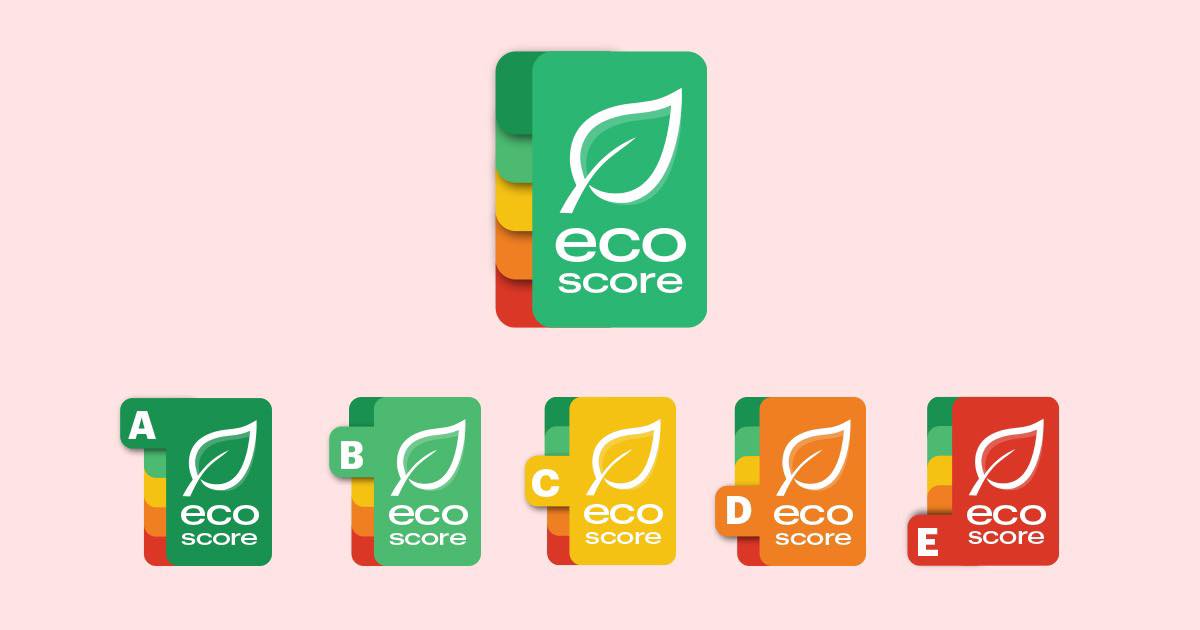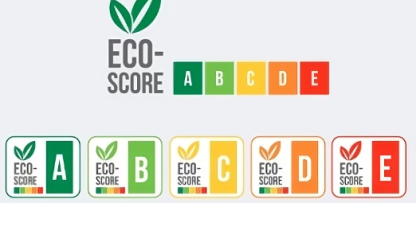The textile industry remains one of the most polluting globally, contributing to 10% of global greenhouse gas emissions according to Footbridge, ranking it just behind the petroleum industry in terms of pollution.
Consumers express high expectations, with 64% of the French, according to an OpinionWay study, placing more importance on the origin of products.
According to Ipsos, nearly two-thirds of the French now consider the environmental impact in their purchasing decisions, and 78% adopt sustainable fashion practices, such as buying second-hand products.
Brands and retailers must now communicate their commitments to more sustainable fashion through labels, packaging, and product descriptions. Some industry players even go so far as to disclose the environmental impact of their items. In this context, the introduction of the new Eco-Score emerges as one of the major challenges for textile professionals in 2023.
This system will help consumers better understand the information presented on labels, facilitating more sustainable choices.
What is the origin of the concept of an Eco-Score for the textile sector?
As a reminder, the Eco-Score aims to assess the environmental footprint of food products by assigning a score based on four main criteria: life cycle analysis of the product (LCA), positive mentions and environmental labels, origin of ingredients, and packaging composition.
This approach, while not mandatory, naturally lends itself to expansion into other sectors, including textiles. In a column in Ouest-France, the Minister of Ecological Transition and the Secretary of State for Ecology express the French government's intention to develop a new Eco-Score by the end of 2023.
The goal is to inform consumers about the materials used and the industrial production processes of clothing. This new Eco-Score, detailed by sixteen criteria, aims to comprehensively account for the environmental impact of fashion items.
Among these criteria are carbon footprint, energy consumption, water usage, fine particle emissions, and biodiversity consequences.
Retailers Rallying for an Eco-Score for Textiles
Thirteen French brands and retailers have expressed their intention to launch a fashion Eco-Score. Lacoste, Aigle, Decathlon, Chantelle, Okaïdi, Dim Hanes, Celio, Bonobo, Tape à l’œil, Pimkie, Jules, and Grain de Malice plan to offer an Eco-Score rated from A to E, drawing inspiration from the model used for evaluating food products.
These companies have time to implement necessary measures and provide required information, as the Eco-Score is potentially expected to become mandatory only by 2026.
In the meantime, they are encouraged to highlight product data showcasing their commitments to social and environmental responsibility (Made in France, sustainable cotton, eco-friendly delivery).
Effective collaboration is essential to ensure that this information is clearly communicated, especially through digital channels.
Additionally, product data management tools must be flexible and adaptable to follow societal and regulatory changes. As an example, the Nutri-Score formula has evolved to correspond to a new calculation method.



